The schedule presented here is subject to change as the agenda is finalized.

« All Events
LGBTQ Health Track, Session 2
May 30, 2024 @ 2:15 pm–3:45 pm EDT

- Interventions for Combating Social Isolation Among LGBTQ+ Elders Living With HIV
Heightened levels of social isolation during the COVID-19 pandemic served as a catalyst for declining health outcomes for older people living with HIV (OPWH). This presentation will focus on the experiences OPWH in the aftermath of the COVID-19 pandemic and on how community programming that cultivates social connection can serve as interventions to alleviate mental health, generational health, and LGBTQ+ health challenges. It will cover the intersecting factors that contribute to the disproportionate levels of social isolation experienced by LGBTQ+ identified OPWH compared to their peers, as well as targeted strategies for facilitating social connection among this population.
- Differences in Cognitive Performance Between Sexual Minorities and Heterosexuals in a Nationally Representative Sample
While cognitive function is known to change with age, little is known about the differences in cognitive performance between heterosexuals and sexual minorities (SM) by gender and age. We theorize cognitive decline over time is greater among SM vs. heterosexuals due to higher incidence of social factors among SM (e.g., housing, poverty) and experiences with minority stress, which posits that sexual orientation-related stigma, prejudice, and discrimination amplify psychological distress, undermining health. Using a nationally representative sample of U.S. persons ≥18, we examined differences in attention and executive functioning between SM and heterosexual males and females at different age.
- Building Cultural Humility and Harm Reduction Among Providers Working with MSM – The CA Experience
This presentation is intended for HIV/STI prevention, care and treatment providers who are working with populations of men who have sex with men (MSM). During this presentation we will explore how the CAPTC builds capacity among the HIV prevention and treatment work force. We will discuss concepts of Cultural Humility and Harm Reduction principles and their application to this work. Through group discussion and case study, participants will demonstrate utilizing these techniques when working with highly stigmatized and vulnerable populations to increase access to services and treatment.





